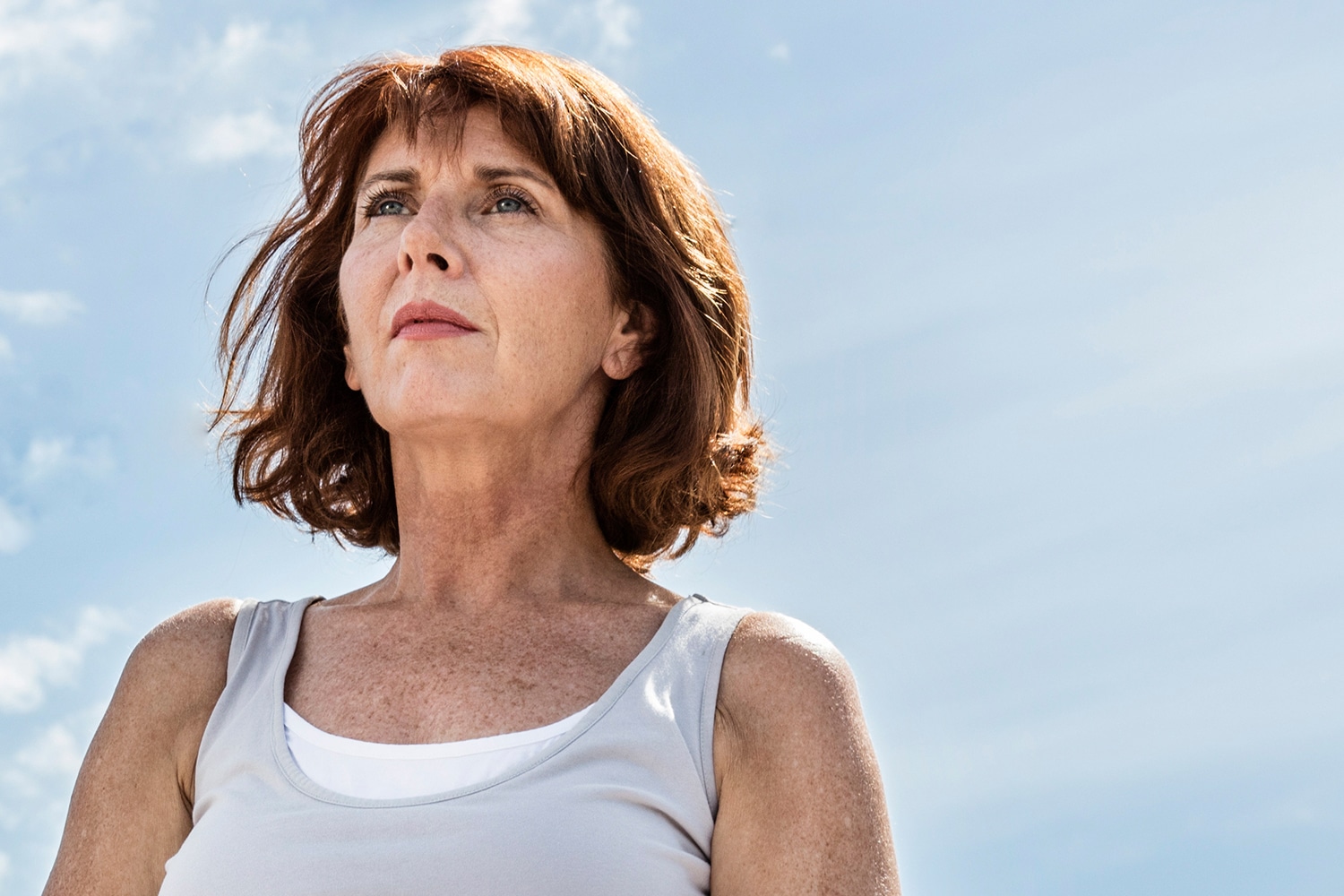PATIENTS LIVING WITH advanced cancer may find that exercise helps them build strength and maintain independence.
New treatments are helping some people live with advanced cancer for years. A study published in the November 2017 Preventive Medicine suggests that physical activity may help these patients increase strength and endurance, and improve their ability to perform day-to-day tasks.
“We’ve known for a while that individuals who are active have better cancer outcomes,” says Kim Dittus, a medical oncologist who led the study and directs Steps to Wellness, an exercise-based oncology rehabilitation program at the University of Vermont Medical Center in Burlington. “Exercise is commonly recommended to combat fatigue, joint aches and general discomfort.”
Dittus and her colleagues reviewed 26 studies that measured the effects of exercise on people with advanced cancer. Nineteen studies assessed participants’ aerobic capacity before and after completing exercise plans, which consisted of activities such as supervised aerobic sessions, resistance training, stretching and physical therapy, and even walking with ski poles. Researchers measured changes in fitness using standard measures like peak VO2 (a person’s maximum oxygen consumption during physical activity) or the distance a person can walk in six minutes. In 14 of the 19 studies that assessed aerobic capacity, patients showed improvement in these measures after exercising. Twelve of the studies assessed strength, with all but one reporting improvement after exercise interventions.
Nine of the studies found that exercise interventions improved patients’ ability to perform basic skills, like standing from a seated position, reaching toward objects or maintaining balance. These skills are important because they help prevent accidents and allow people to retain their ability to complete tasks in their daily lives. “[Patients] say they don’t want to be a burden on their family,” says Dittus. “Exercise can help them maintain their independence.”
Dittus adds that group exercise provides social support and empowerment. “It allows people to feel some aspect of control,” she says. During treatment, “you have so many people doing things to you. This is an opportunity to do something for yourself.”
Cancer Today magazine is free to cancer patients, survivors and caregivers who live in the U.S. Subscribe here to receive four issues per year.





